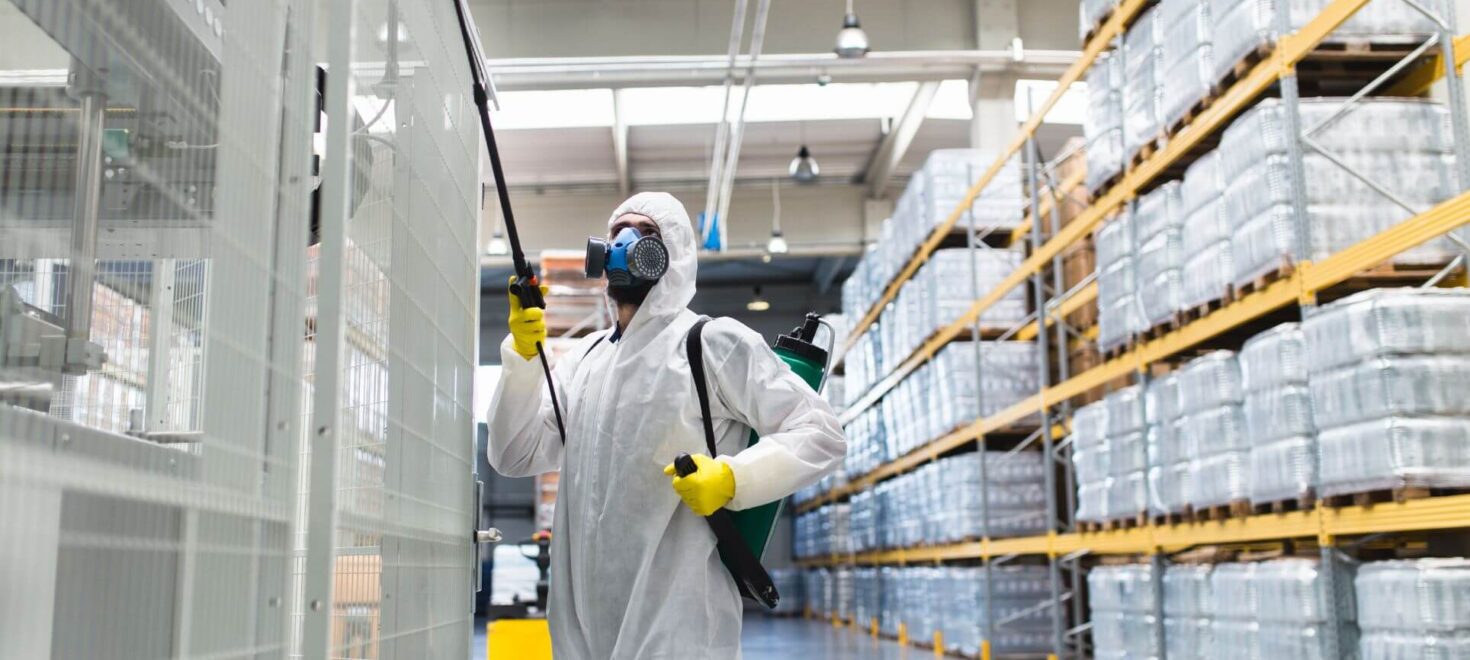1. Define Objectives and Requirements
Identify Goals: Understand what you need to achieve with the mapping – be it optimizing storage, improving workflow, or ensuring environmental control (like temperature or humidity).
Regulatory Compliance: Consider any industry-specific regulations that must be adhered to, especially in sectors like pharmaceuticals or food and beverage.
2. Conduct a Thorough Assessment
Warehouse Layout: Document the physical layout of the warehouse, including dimensions, shelving units, aisles, loading docks, and doors.
Environmental Variables: Identify areas with different environmental conditions or requirements, such as temperature-controlled zones.
3. Identify Key Areas and Points of Interest
Critical Points: Pinpoint locations that are crucial for operations, such as high-value inventory storage, refrigerated sections, or areas prone to environmental fluctuations.
Traffic Patterns: Understand the flow of goods, equipment, and personnel within the warehouse.
4. Implement Monitoring Solutions
Sensor Placement: Deploy sensors (e.g., temperature, humidity) in strategic locations based on the identified critical points.
Technology Integration: Utilize technology solutions like RFID tags or IoT devices for real-time tracking and monitoring.
5. Data Collection and Analysis
Gather Data: Collect data from sensors and monitoring systems over a significant period to understand patterns and variances.
Analyze Findings: Analyze the data to identify inefficiencies, risks, or areas for improvement.
6. Develop and Implement Strategies
Optimization Plans: Based on the data analysis, develop strategies to optimize storage, handling, and environmental controls.
Risk Mitigation: Implement measures to mitigate identified risks, such as rearranging storage layouts or adjusting environmental controls.
7. Review and Continuous Improvement
Regular Reviews: Periodically review the warehouse mapping to ensure it remains effective and relevant.
Adaptation to Changes: Be prepared to adapt the mapping and strategies in response to changes in operations, inventory, or regulatory requirements.
Each step in this framework should be tailored to the specific needs and characteristics of the warehouse. Collaboration across departments, including operations, logistics, and facility management, is crucial for effective warehouse mapping.
At IncepBio, we understand the problems the pharma companies face in the competitive market today. That’s why we offer a comprehensive range of consulting services that cover all aspects of pharma industry, including Commissioning, Qualification, Thermal and Cleanroom validation, Automation, Computer System Validation. QMS and Compliance Management, Turnkey projects and more. Reach out to us today so that our experienced team can help you in “Solving Pharma Challenges”.






